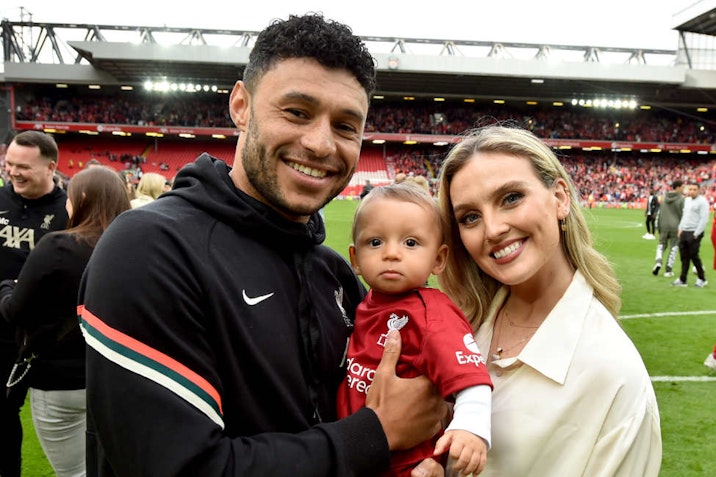
British pop star Perrie Edwards opens up about stillbirth: ‘I was just traumatized’
By Cassy Cooke

Woman’s story of finding biological father exposes problems of sperm donation
In a recent story in the New Zealand Herald, a woman discusses how learning the identity of the man who fathered her through sperm donation made her feel “whole.” Though portrayed in a positive light, the article reveals some of the problems that occur when children are created through methods like sperm donation.
In a recent article, Rachel Maher described questioning her identity after learning she was conceived via sperm donor.
She struggled with wondering if she would accidentally date a half-sibling.
After finally meeting her biological father, she described herself feeling “whole” for the first time in her life.
Sperm donation commodifies the child and creates an unnatural separation between the child and biological parent.
In the article, Maher shared that her parents sat her and her siblings down when she was eight years old to tell them all that they were conceived via sperm donor. It wasn’t until several years later that this knowledge began to impact how she felt about herself, as she noted it was at age 11 “when I finally started to have questions about who I was and what made me, me.”
Those questions continued, especially when she began dating.
“When I started dating at around 16, it dawned on me that the sperm donor might have helped other families across New Zealand. What was stopping me from accidentally falling for my half-brother or sister?…what if their biological dad was my sperm donor?”
Earlier this year, she decided to try and learn the identity of her biological father. Now age 24, she stated that she would be “devastated” if he died before she got a chance to meet him.
After a brief search, she was able to reconnect with him and meet him in person. Her statement as she described meeting Wayne, her donor, was a linchpin of the whole article: “I felt closure. I felt whole. I felt answered — and I felt like I knew myself properly for the first time in my life.”
She added that her parents also met Wayne and his partner, and that since meeting, they all continue to communicate with life updates. Maher said that she and Wayne have “started referring to each other as DD, for ‘donor daughter’ and ‘donor dad.’ Sometimes when he texts me, he starts with ‘Hi young lady.’ That’s verging on some pretty dad-like territory, but I am happy to let it slide.”
While the story is portrayed positively, it exposes many of the troubling problems that can occur with assisted reproductive technologies (ART) like sperm donation.
The author’s description of feeling “whole” at meeting her biological father, and the belief that she didn’t know herself without meeting him, underscores what so many children who are conceived via sperm donation feel — lost and aimless. Many donor-conceived individuals report having struggles with identity, and some are forced to navigate relationships with numerous half-siblings. A Harvard Medical School study revealed that nearly half of children conceived as a result of egg or sperm donation sought out psychological or psychiatric care after learning how they were conceived.
“I am a human being, yet I was conceived with a technique that had its origins in animal husbandry,” one donor-conceived person wrote in a book for Anonymous Us. “Worst of all, farmers kept better records of their cattle’s genealogy than assisted reproductive clinics … how could the doctors, sworn to ‘first do no harm’ create a system where I now face the pain and loss of my own identity and heritage?”
The use of sperm donation and ART reduces the child to a mere commodity — something that can be created at the whim of parents, without any consideration for the needs and rights of the child. The use of sperm donation intentionally creates children who will purposefully be separated from a biological parent — and as the article’s author describes, that separation can be devastating.
Follow Live Action News on Facebook and Instagram for more pro-life news.

By Cassy Cooke

Issues
By Bridget Sielicki

International
By Nancy Flanders
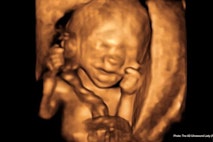
Analysis
By Isabella Childs
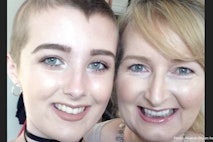
International
By Cassy Cooke

Issues
By Nancy Flanders

Human Interest
By Bridget Sielicki
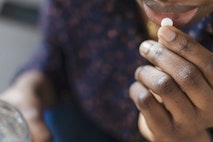
Abortion Pill
By Bridget Sielicki
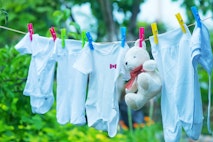
Human Interest
By Bridget Sielicki

Issues
By Bridget Sielicki

Newsbreak
By Bridget Sielicki